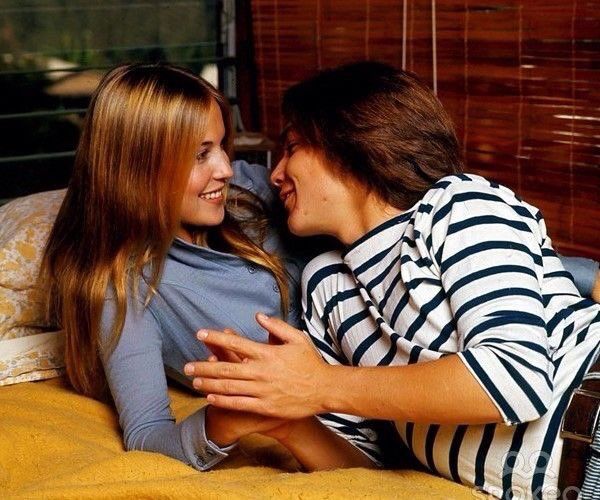
A simple, heartfelt declaration of unwavering love.
Ah, the 1960s. What a time to be alive, wouldn’t you agree? The air was thick with the scent of change, of rebellion, and of a burgeoning freedom that felt both exhilarating and, at times, a little overwhelming. And through it all, music was our constant companion, the soundtrack to our evolving lives. Among the kaleidoscope of sounds, certain songs stood out, not just for their catchy melodies, but for the profound emotional resonance they carried. One such gem, a timeless beacon of pure affection, is “I Only Want To Be With You” by the incomparable Dusty Springfield. While you’ve mentioned David Cassidy and Susan Dey, it’s important to clarify that this particular song is synonymous with Dusty Springfield, whose definitive rendition became a global phenomenon. Perhaps Cassidy and Dey, in their prime as teen idols on The Partridge Family, covered it or performed it in some capacity, but the song’s heart and soul belong to Dusty.
Let’s cast our minds back to January 1964. The world was still reeling from the shock of JFK’s assassination, and a new energy was bubbling up from Liverpool, spearheaded by four mop-topped lads who would soon conquer the world. But before The Beatles truly unleashed Beatlemania on America with their Ed Sullivan debut, Dusty Springfield was already making her mark. “I Only Want To Be With You”, released in November 1963 in the UK and in January 1964 in the US, was not just a hit; it was a landmark. It soared to an impressive number 4 on the UK Singles Chart, and in the United States, it became Dusty‘s very first solo single to chart, reaching number 12 on the Billboard Hot 100. For many, it was their introduction to the powerhouse vocalist with the distinctive beehive hairdo and the even more distinctive voice, a voice that could convey longing, joy, and vulnerability all at once.
The story behind this beloved tune is as charming and straightforward as the song itself. Penned by the talented songwriting duo of Mike Hawker and Ivor Raymonde, it was specifically crafted for Dusty as her debut solo single after leaving her family group, The Springfields. Imagine the pressure! Stepping out on your own, hoping to capture lightning in a bottle. And capture it she did. The arrangement, with its jaunty brass, a driving rhythm section, and those unforgettable backing vocals, was pure pop perfection. It was an instant earworm, yet beneath the catchy facade lay a depth of emotion that resonated deeply with listeners.
At its core, “I Only Want To Be With You” is a simple, unadorned declaration of devotion. It speaks to that universal human desire to be with the one you love, to find solace and joy in their presence, and to shut out the rest of the world. The lyrics aren’t complex or overly poetic; they’re direct, heartfelt, and utterly relatable: “I don’t know what it is that makes me love you so / I only know I never want to let you go / ‘Cause I only want to be with you.” It’s the kind of sentiment that transcends generations, speaking to the shy crushes of adolescence, the enduring love of marriage, and the comfort of lifelong companionship. For many of us, particularly those of a certain vintage, hearing those opening notes transports us back to school dances, first dates, or simply quiet evenings spent listening to the radio, dreaming of a future filled with love.
Dusty Springfield’s performance is what truly elevates the song from a simple pop tune to an enduring classic. Her delivery is imbued with a palpable yearning, a sweetness that never descends into saccharine, and a powerful conviction that makes every word believable. She wasn’t just singing the lyrics; she felt them, and in turn, she made us feel them too. It was her unique blend of soulful emotion and cool, sophisticated delivery that set her apart and cemented her status as one of the most iconic voices of the 20th century. “I Only Want To Be With You” became her calling card, a testament to her undeniable talent and her ability to connect with audiences on a profoundly emotional level. Even today, decades later, its message remains as potent and as relevant as ever, a gentle reminder of the enduring power of love and the comforting embrace of genuine affection.